Portland Public Adjuster: Local Expertise for Maine Property Insurance Claims
.svg)

Why a Portland Public Adjuster Can Change the Outcome of Your Claim
When a Nor’easter blows up Casco Bay and slams Munjoy Hill with wind-driven rain, when heavy, wet snow piles on old roofs in Deering Center, when an ice dam pushes meltwater into ceilings near Back Cove, or when a small kitchen fire in the Old Port fills a mixed-use building with smoke, you don’t think “I need a Portland public adjuster.” You think about safety and survival.
In those first hours, you might be calling the fire department or a plumber, shoveling snow from dangerous spots, setting buckets under active leaks, or trying to find a hotel room on a stormy night. You are moving furniture away from wet walls, packing essentials, and wondering what’s salvageable. The policy you’ve been paying for feels like a background detail.
Then the immediate crisis settles down, and a different kind of stress begins. You realize your recovery is going to be measured in contractors, months of disruption, and real money. Roofs, siding, ceilings, insulation, wiring, cabinets, flooring, contents, code upgrades, smoke cleaning—the list adds up quickly in Portland, where older housing stock and coastal weather combine to make damage complex.
Most people assume their insurance carrier will simply “take care of it.” You report the loss, an adjuster comes out, and the company writes a check that reflects what it actually costs to repair or rebuild in Portland, Maine. That expectation sounds reasonable, but it ignores how the system is built.
Your policy is not a simple promise; it is a legal contract written by the insurer. It defines which causes of loss are covered and which are excluded or limited. It sets dollar caps on buildings, other structures, contents, and additional living expenses. It may include or exclude ordinance-or-law coverage—the part that pays for code-driven upgrades in older buildings. It uses technical phrases like “sudden and accidental,” “continuous or repeated seepage,” “surface water,” “backup,” “collapse,” and “neglect” in ways that do not always match everyday language.
The first adjuster at your door after a loss is not a Portland public adjuster representing you. They are a staff adjuster on the company payroll or an independent adjuster hired and directed by the carrier. Even if they are friendly and professional, their job is to protect the insurer’s interests: investigate what happened, interpret the policy based on company guidelines, and prepare an estimate with their software and their internal pricing assumptions.
That means you begin your claim with an inherent imbalance. The insurer has people who read policies for a living, understand construction, and know how to use estimating software. You have disruption, stress, and a damaged property.
A Portland public adjuster exists to change that equation. A public adjuster is also a licensed insurance professional, but by law they represent policyholders—never insurers. When you hire a Portland public adjuster, you are adding someone to your side who:
- Knows how Maine policies are worded and how they are typically applied.
- Understands how Portland’s coastal storms, winter conditions, and older buildings really behave.
- Uses the same estimating tools as the insurance company but builds scopes based on what it truly takes to fix local properties.
Their job is not to “fight” for a windfall. Their job is to make sure your claim reflects the full extent of your loss and the full value of the coverage you’ve already paid for, so your home, condo, rental, or business can be restored properly—not just patched.
How a Portland Public Adjuster Manages Your Claim
From the outside, it might sound like a Portland public adjuster just argues with the insurance company for more money. In reality, a good public adjuster treats your claim like a complex project with clear stages: policy analysis, investigation, documentation, estimating, negotiation, and resolution.
The process starts with listening. A Portland public adjuster will want your version of the story in detail:
When you first noticed something was wrong, what the weather or conditions were like, what you saw, heard, or smelled, which areas of the property were affected, and what you did immediately afterward.
They will ask about the type of property (single-family home, multi-unit rental, condo, mixed-use building), how it’s used, and whether anyone had to move out. They’ll collect whatever you already have: letters and emails from the insurer, the initial estimate or statement of loss, checks you’ve been paid, mitigation invoices from roofers or restoration companies, and your own photos or videos.
At the same time, your Portland public adjuster will obtain and review your full policy for the year of loss—not just the declarations page. They will read the base forms and endorsements and identify:
- What exactly is insured as the dwelling or building, and at what limit.
- How other structures—garages, sheds, decks, fences—are covered.
- How contents are insured and what sub-limits apply for things like electronics, tools, or business property on premises.
- Whether and how additional living expenses or loss-of-use coverage apply if you can’t live in the property.
- Whether there is loss-of-rents or business-income coverage for rental or commercial portions.
- Whether ordinance-or-law coverage is included for code-driven upgrades, crucial for older Portland buildings.
- How the policy treats wind, hail, ice dams, freezing, backup, fire, smoke, and collapse—perils that matter a lot in Maine.
Once they understand the legal framework, your Portland public adjuster conducts an independent inspection. This is where their work differs most from the typical company inspection.
In a coastal storm or wind-driven rain loss, they don’t just photograph the one wall where water came in. They look at roofing, flashing, siding, window assemblies, decks, and transitions where wind and rain can force their way inside. They consider how salt and moisture may have interacted with older materials.
In an ice-dam claim, they examine roof edges, valleys, and interior spaces below them. They look at insulation and ventilation patterns and consider how far water likely traveled under shingles and into structural components. They do not assume that a stained ceiling is the entire story; they treat it as the most visible symptom of a larger issue.
In water losses from broken pipes, failed appliances, or heating systems, a Portland public adjuster traces the path of water from the source, through ceilings, walls, and floors, into lower levels. They know that in Maine’s climate, moisture inside assemblies can cause long-term problems even after surface materials seem dry.
In fire and smoke claims, they go far beyond the visibly burned area. They follow smoke movement through stairways, hallways, ductwork, and hidden voids into bedrooms, closets, attics, and neighboring units. They pay attention to odor as well as visible soot, knowing that living through a Maine winter with windows closed is intolerable if smoke odor remains.
From this inspection, your Portland public adjuster builds a scope of loss—a detailed list of what needs to be removed, cleaned, dried, repaired, or replaced. They then convert that scope into a line-by-line estimate in industry-standard software.
Their estimate usually differs from the insurer’s in key ways. It tends to include:
- Adequate demolition of wet, charred, or damaged materials, not token patches.
- Realistic drying and dehumidification for water losses, based on how much moisture actually entered the structure.
- Thorough cleaning and deodorization steps for smoke and soot, including ductwork and insulation where necessary.
- Replacement materials that reasonably match your pre-loss condition, rather than the cheapest available alternatives.
- Labor and material costs based on what reputable Portland contractors actually charge.
- Code-required upgrades where your policy supports them, especially in old Portland housing stock and mixed-use buildings.
Parallel to the estimate, your Portland public adjuster organizes evidence: chronological photo sets, mitigation invoices, contractor bids, engineer or environmental reports when needed, and detailed contents inventories for damaged personal property or business contents.
All of this becomes a formal claim package or supplement submitted to the insurer. Instead of just saying “your number is too low,” your Portland public adjuster is putting a complete, documented alternative on the table.
The insurer responds—sometimes agreeing, sometimes objecting, sometimes sending their own engineer or building consultant. Your public adjuster then:
- Reviews every objection against the policy and the physical facts.
- Prepares targeted responses with additional documentation.
- Takes part in joint inspections, walking the property with company representatives and discussing specific line items on-site.
- Keeps track of critical deadlines for proofs of loss, appraisal demands, or other policy conditions.
If negotiations stall and the insurer clings to a number that is clearly out of line with the contract and evidence, your Portland public adjuster can help you evaluate next steps, such as appraisal (if your policy allows it) or consultation with legal counsel.
Through all of this, you are not left reading dense letters alone. Your public adjuster explains what each development means, outlines your options, and helps you weigh the practical pros and cons of accepting, countering, or escalating.
Portland, Maine–Specific Losses Where a Public Adjuster Makes the Biggest Difference
Any large loss can benefit from a Portland public adjuster, but certain local scenarios are especially dangerous to handle alone because they so often lead to underpaid claims.
Coastal wind and rain losses are a prime example. Storms rolling up the coast push rain horizontally into siding, windows, doors, and roof details. Older shingle-style homes and multi-family buildings can take on water in complex ways. You may see a leak in a ceiling or wall and assume that is the whole problem. In reality, that water may have passed through roofing, sheathing, insulation, and framing, leaving moisture and damage behind.
Insurance estimates that treat this as a small, “localized” problem—patching drywall and repainting—often fail to address the underlying building envelope issues. A Portland public adjuster looks at the envelope first, not last, and documents where systems have been compromised, not just where paint is peeling.
Ice-dam and winter roof claims are another high-risk category. Heavy snow and fluctuating temperatures cause ice to build at eaves and in valleys, damming water that then flows back under shingles. This water can soak roof decks, insulation, and walls. In Portland’s older housing stock, where insulation and venting are often inconsistent, damage patterns can be unpredictable and extensive.
Company adjusters may propose limited repairs: cut out stained ceiling sections, treat a “small area” of insulation, and move on. A Portland public adjuster understands that if the dam was large, the water load significant, and the roof older, the real damage likely extends far beyond what’s visible in one room. They push for scopes that address moisture in structural components and the longer-term implications for your roof’s life.
Water losses from plumbing or heating systems—burst pipes, failed valves, leaking tanks—also present special challenges. A broken line in a basement or behind a wall may disperse water throughout floors and wall cavities before it is discovered. Finished basements common around Portland often hold living areas, offices, or in-law spaces that are heavily damaged.
Insurer estimates that assume minimal demolition and drying—“cut and patch” approaches—leave homeowners at risk for mold, odor, and structural deterioration. A Portland public adjuster insists on moisture mapping and demolition proportional to the scope of the leak, not just the initial puddle.
Fire and smoke claims can be especially complex in Portland’s mixed-use and multi-family buildings. A fire in a restaurant kitchen can send smoke into apartments above; a fire in a single unit of a triple-decker can affect the entire building. Older wood framing, shared attics, and interconnected systems can carry smoke in unexpected ways.
If the insurer focuses mainly on rebuilding the fire room and offers limited budgets for cleaning and deodorizing elsewhere, occupants may be left with persistent smoke odor and residue. A Portland public adjuster documents the spread of smoke—where soot collected, where odors linger, how HVAC systems distributed contaminants—and uses that documentation to demand cleaning and replacements that truly restore safe living and working conditions.
Rental and small commercial properties—triple-deckers, mixed-use storefronts, small offices, and shops—bring another dimension: income. When a building is damaged, rent and business revenue often drop to zero while repairs drag on. Policies may offer loss-of-rents or business-income coverage, but insurers frequently contest how long spaces really needed to be offline and how much income would have been earned.
A Portland public adjuster familiar with these claims helps assemble leases, rent rolls, historical occupancy, booking records, sales histories, and realistic reconstruction timelines. They turn what would otherwise be a vague “income loss” complaint into a structured part of the claim that aligns with policy provisions.
Across all of these Portland-specific scenarios, the pattern is clear: the most expensive aspects of the loss are often hidden—inside walls, under roofs, in attics, and in financial statements. Those are exactly the areas where a Portland public adjuster focuses their time and expertise.
Choosing and Working Effectively with a Portland Public Adjuster
Once you realize you don’t want to navigate a serious claim alone, the next step is choosing the right Portland public adjuster. This decision will influence not just your settlement, but how stressful the next several months feel.
When talking to potential adjusters, ask straightforward questions about:
- Their license and experience handling claims in Maine and specifically around Portland.
- The types of claims they handle most often—coastal storms, winter and ice-dam losses, water from broken systems, fire and smoke, rental and commercial.
- Their fee structure: what percentage they charge, whether it applies to all claim payments or only to amounts above the insurer’s initial offer, and how expenses are handled.
- How often and in what manner they communicate with clients—phone, email, meetings—and what kind of updates you can expect.
A solid Portland public adjuster will answer directly, provide a written contract, and encourage you to review it and ask questions. They won’t make unrealistic promises; instead, they’ll talk about process, evidence, and likely ranges of outcomes based on experience.
Once you hire a Portland public adjuster, think of the relationship as a partnership. You can strengthen that partnership by:
- Providing your full policy, including all pages and endorsements.
- Sharing every letter, email, and portal message from the insurer.
- Supplying your own photos, videos, mitigation invoices, and contractor bids.
- Being candid about your property’s history—previous repairs, leaks, claims, and unique quirks.
Stay involved in the big decisions. You don’t need to understand every technical detail in a 60-page estimate, but you should understand the overall strategy, the key points of disagreement with the insurer, and what you are giving up or gaining with any proposed settlement. Ask questions until the plan makes sense in plain language.
Keep your adjuster informed as the situation evolves. When demolition reveals new damage, when a contractor revises a timeline, when a new letter arrives from the carrier, loop your Portland public adjuster in quickly. The more complete their picture, the more effectively they can advocate for you.
When you combine your knowledge of your own property and priorities with a Portland public adjuster’s technical skills and experience, your claim stops being a confusing sequence of events controlled entirely by the insurer. It becomes a managed project with a clear goal: restoring your property properly, under Maine conditions, without quietly absorbing costs the policy should have covered.
Conclusion
In Portland, Maine, serious property damage is never just a cosmetic problem. A Nor’easter that drives rain into your siding, an ice dam that pushes water under your roof, a burst pipe that soaks floors and walls, or a fire that fills a mixed-use building with smoke disrupts lives, displaces families and tenants, interrupts businesses, and threatens investments built over many years.
Your property insurance policy is supposed to stand between you and the worst of that financial impact, but the claim system that turns that policy into checks is designed and run by your insurer. The first adjuster you meet works for that company, not for you. If you accept their quick view of your loss and their first estimate as the full story, you allow the carrier’s internal priorities to determine how completely your home, condo, rental, or business will be restored.
A Portland public adjuster exists to rebalance that system. By reading your policy from your side, inspecting and documenting damage with an understanding of Portland’s coastal weather, winters, and older buildings, preparing realistic repair estimates based on local costs, and negotiating directly with the insurer’s professionals, a public adjuster turns a one-sided ordeal into a disciplined, evidence-based claim.
Instead of hoping the process will treat you fairly, you present the full reality of what happened to your property and what it truly costs to make it whole again. In a city where the next storm, freeze, or fire is always on the horizon, having an experienced Portland public adjuster on your side can be the difference between a thin, patchwork fix and a full, confident return to normal life. With the right advocate, you are not just a claim number—you are an informed policyholder protecting your home, your income, and your future on the Maine coast.



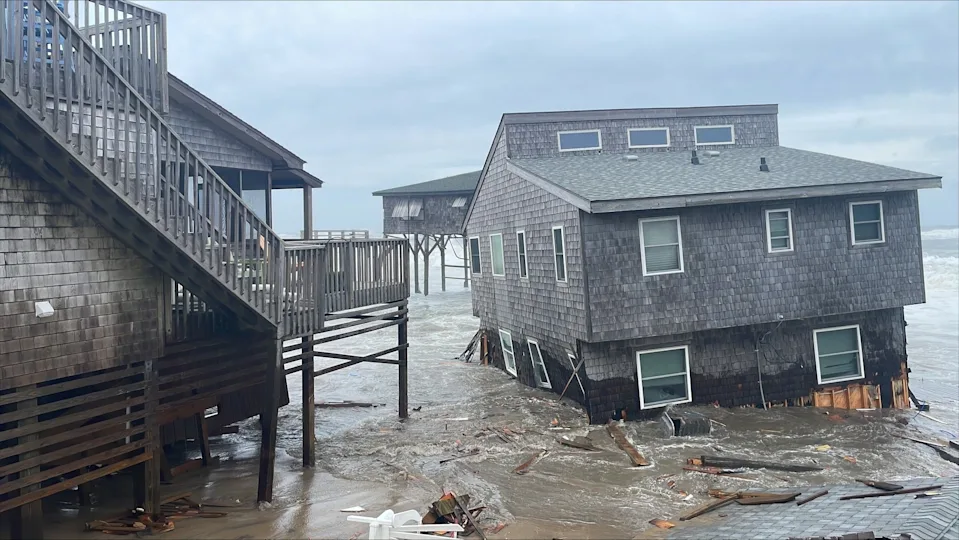
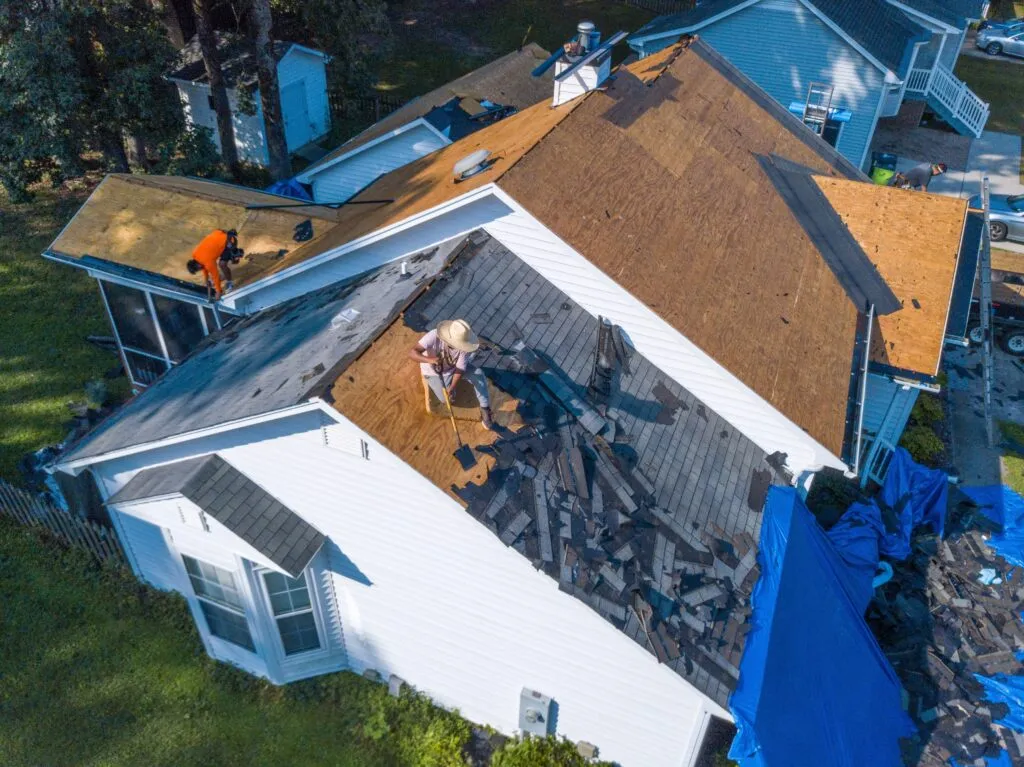

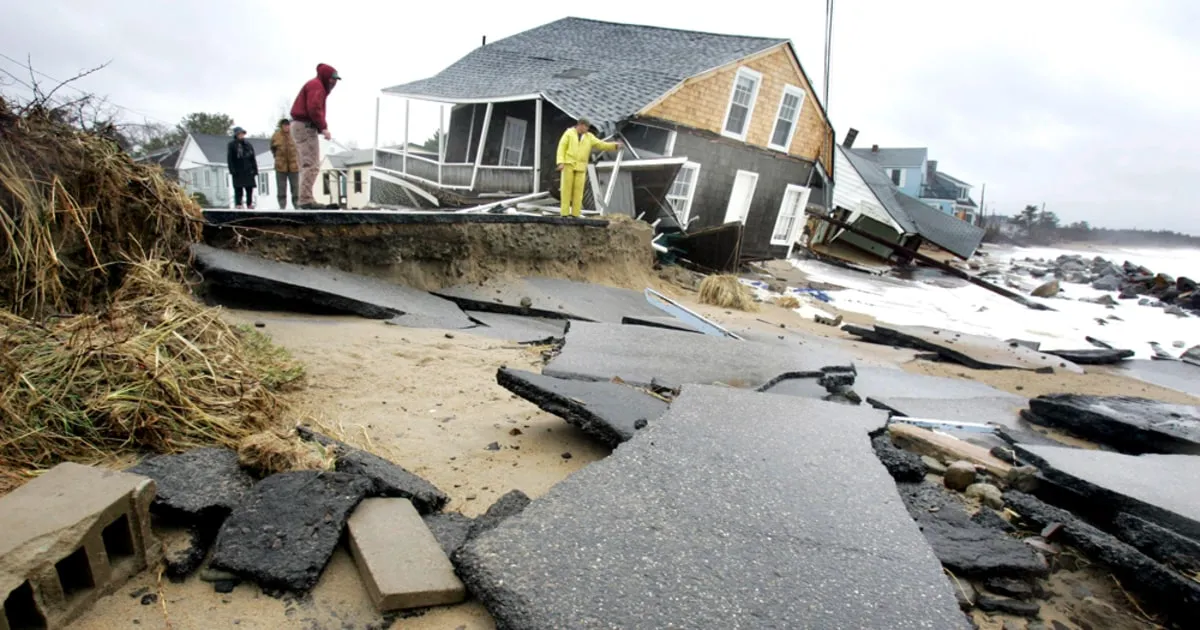

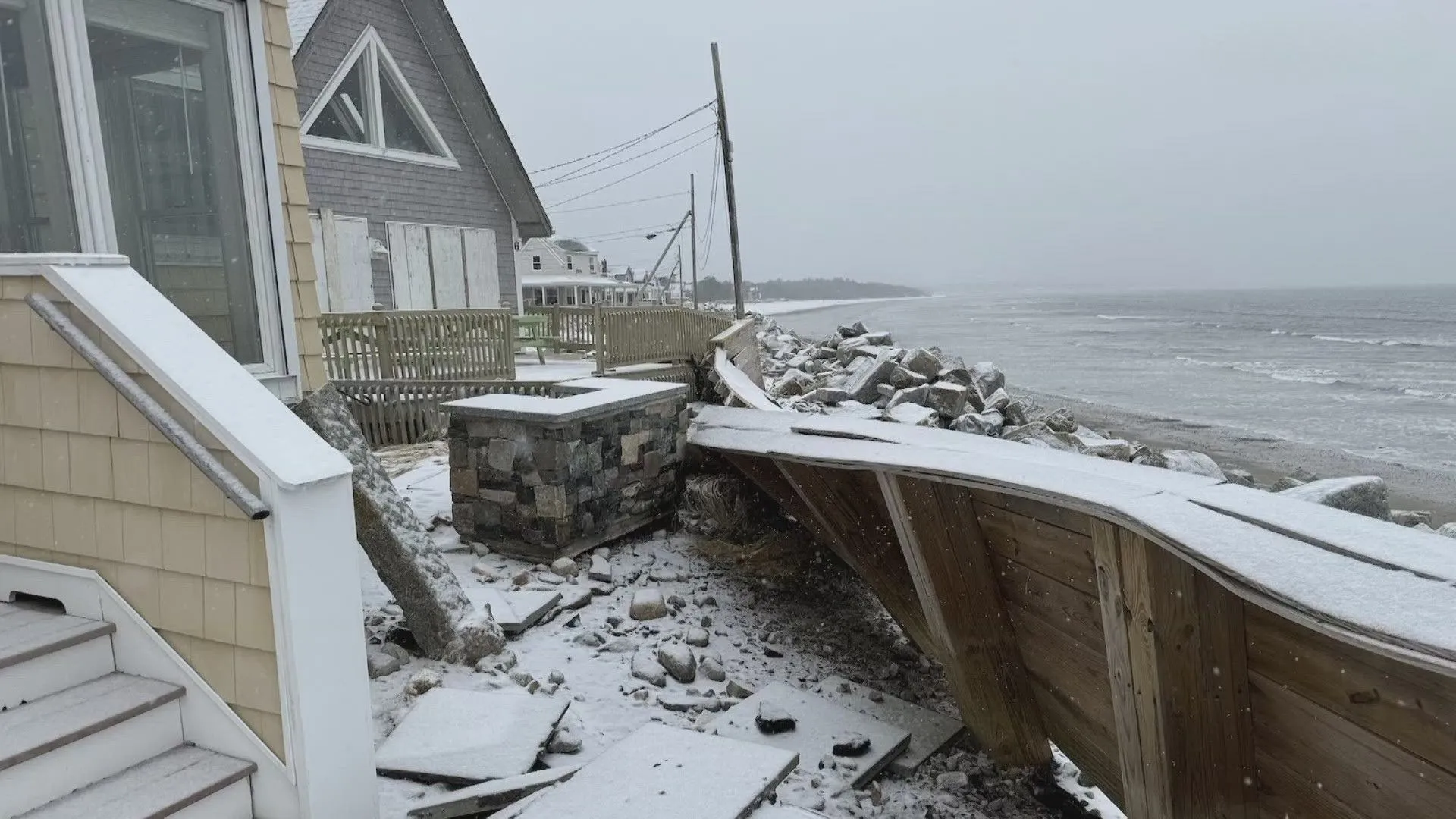
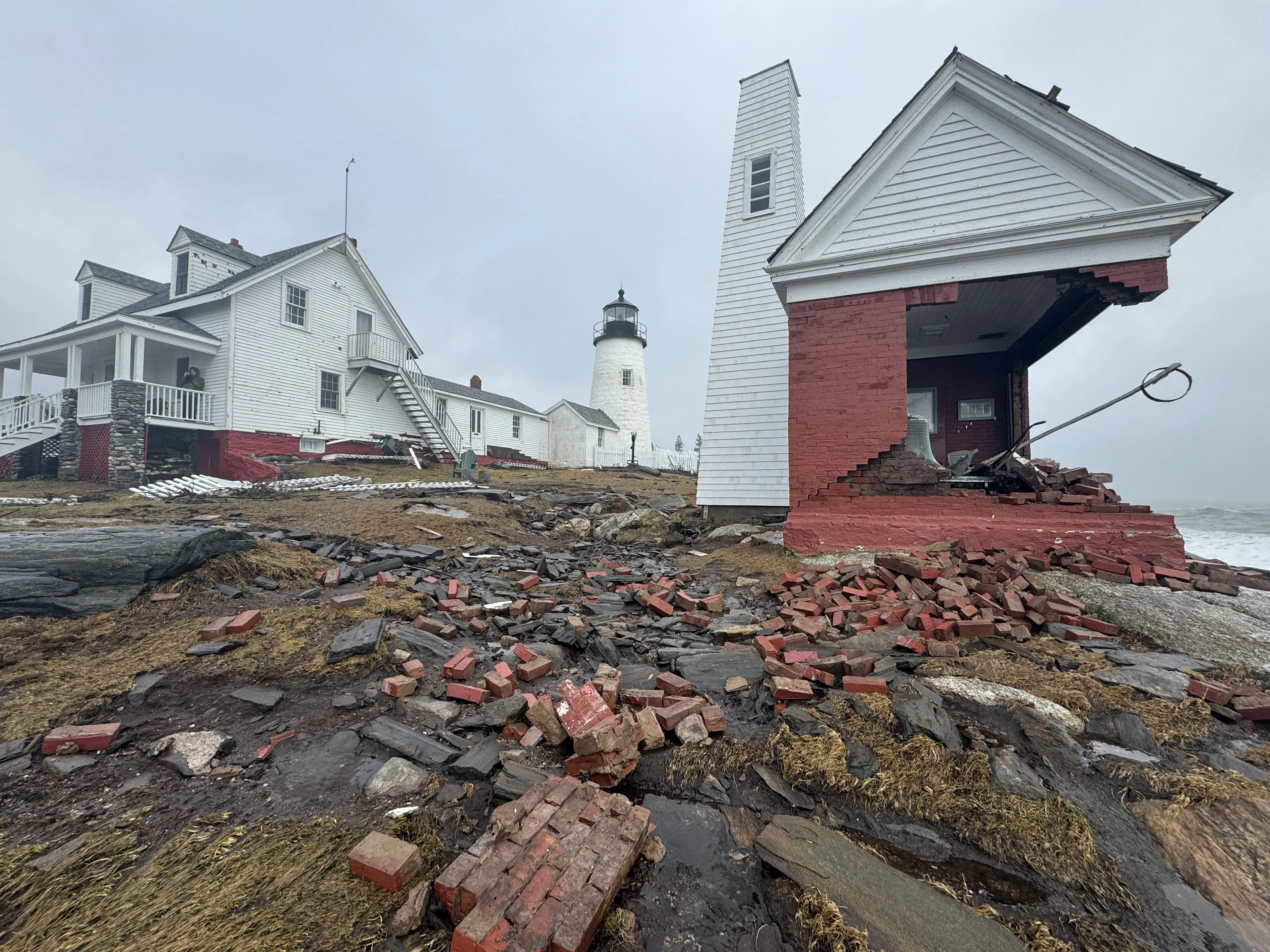
.svg)